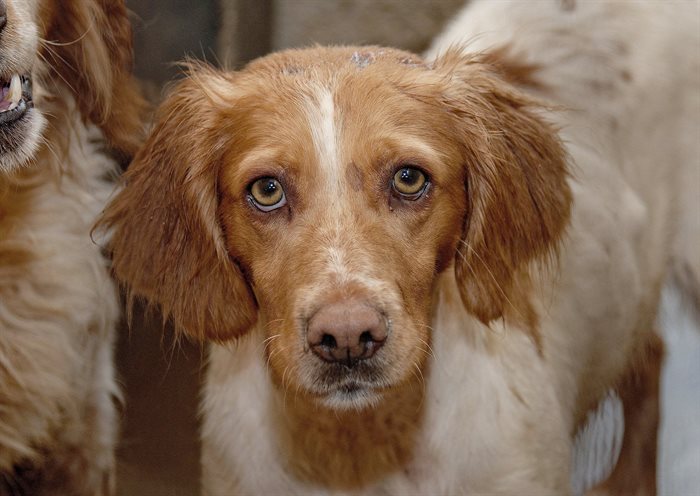






The index estimates that there are 224 million homeless cats and dogs across nine countries including South Africa. Built on input from across 200+ data sources supplemented with quantitative data on consumer attitudes, the index ensures a holistic view on pet homelessness. Each country received an overall tally between zero and 10 (where 10 = no pet homelessness exists) based on data collected across three focus areas. The index currently includes nine countries – the US, UK, India, Mexico, Germany, Russia, South Africa, China and Greece.
"As a global company, we have an ambition to end pet homelessness," says Tumi Masekela, corporate affairs director at Mars Multisales Southern Africa. "Tackling this issue helps both animals and people – bringing the benefits of the human-animal bond to more people and ensuring every pet has the sustained care and nutrition that they need to thrive."
Overall, South Africa scored 4.0 on the index’s 10-point scale with 27% of companion animals in the country being homeless.
The Covid-19 pandemic has changed perceptions of the role of cats and dogs in the home worldwide and after the hard lockdown in March and April 2020, pet ownership has been on the rise in South Africa. However, global data suggests that across the nine index countries measured, nearly half (47%) of pet owners have concerns that post-pandemic, there will be more homeless pets than ever as economic hardship makes caring for pets difficult.
The index revealed 77% of the general population in South Africa would consider adopting from a shelter and rescue centres in the future, compared to the global average of 65%. The country has effective programmes that promote pet adoption and fostering, connecting potential owners to shelters and rescue centres, and raising awareness of the benefits of having a pet.
South Africa’s above-average sterilisation rates help with reproduction control, however, work is needed to address the high rates of canine rabies as well as the requirement for more robust national rabies control programmes.
The index revealed that 49% of South Africans are hesitant to take their pet to the vet due to high costs compared to the global average of 28%.
In addition, 70% of South Africans believe it’s difficult to own a dog when living in an apartment compared to the global average of 60%. As for cats, 51% of the country’s respondents agree that apartment-living is not suitable compared to the global average of 45%.
“Until now, there was no way to understand the scale of the issue comprehensively in South Africa. That’s why we are proud to share the State of Pet Homelessness Index as a crucial first step, so that anyone working towards this goal can benchmark and measure the effectiveness of their interventions over time. We know that this is just the start, and we look forward to developing impactful collaborations to end pet homelessness,” Masekela concludes.
Click here for the full report on South Africa.